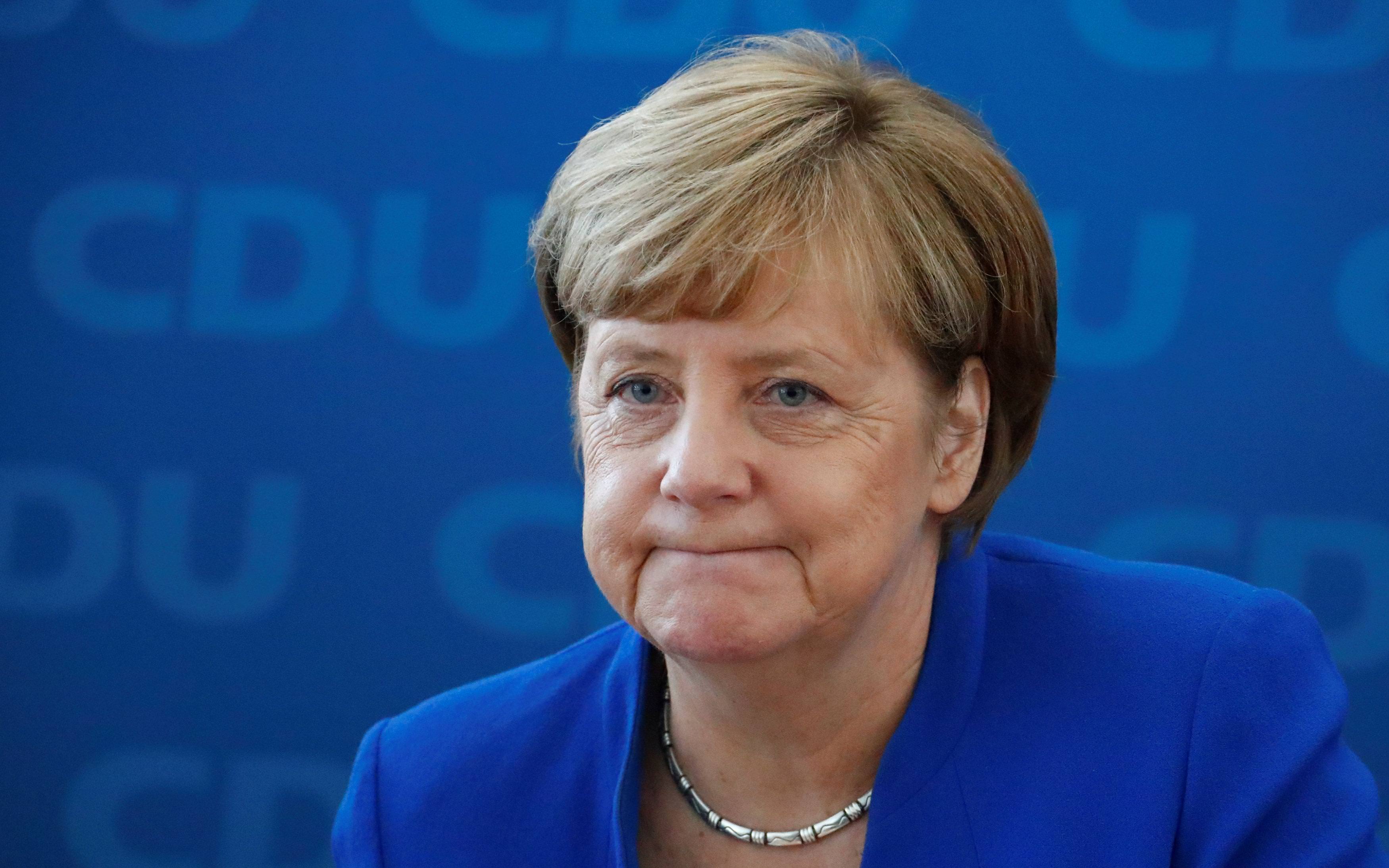German Chancellor Angela Merkel’s struggling bid to form a government was hit by a new setback Monday as her key ally was weakened in a leadership tussle.
Horst Seehofer, head of Merkel’s Bavarian allies the CSU, will step down as premier of the wealthy southern state in early 2018, leaving the post to regional finance minister Markus Soeder, AFP reported.
Seehofer, 68, intends to stay on as chairman of the Christian Social Union, a less influential post than that of premier of the Alpine state.
The party veteran has held both roles since 2008, but has come under fire after leading his party to a record low score in September’s general elections.
“A new chapter is beginning,” said Soeder, 50, as he called for unity within the party. “Politics is always teamwork, going alone would achieve nothing.”
The leadership change is expected to be approved at the CSU’s party congress in mid-December.
Crucially, the party’s new leader will be able to shape CSU policy at a time when its supporter base is being eroded by the far-right Alternative for Germany (AfD).
The upheaval comes at a difficult time for Merkel, who badly needs to present a united front with her CDU’s Bavarian sister party as she struggles to form her fourth-term government.
SPD Lays Out Position for Talks
Meanwhile, Reuters reported that the leaders of the Social Democrats (SPD) agreed on Monday to enter talks with Merkel’s conservatives on forming a government that could end political deadlock in Europe’s largest economy.
The center-left SPD set the contours of its demands in coalition talks with the conservatives expected to start next year in a document seen by Reuters, with proposals on issues like the economy and immigration likely to cause friction.
Merkel turned to the SPD after she failed to form a three-way alliance with the left-leaning Greens and the pro-business Free Democrats, plunging Germany into a political impasse and raising doubt about her future after 12 years in power.
On the highly divisive issue of immigration, one of the main reasons for the collapse of Merkel’s first effort, the SPD said it opposed a conservative plan to extend a ban on the right to family reunions for some asylum seekers that expires in March.
“Family reunions and the cohabitation of a family lead to good integration,” the SPD document said. “That’s why we are against the extension the suspension of family reunions.”


